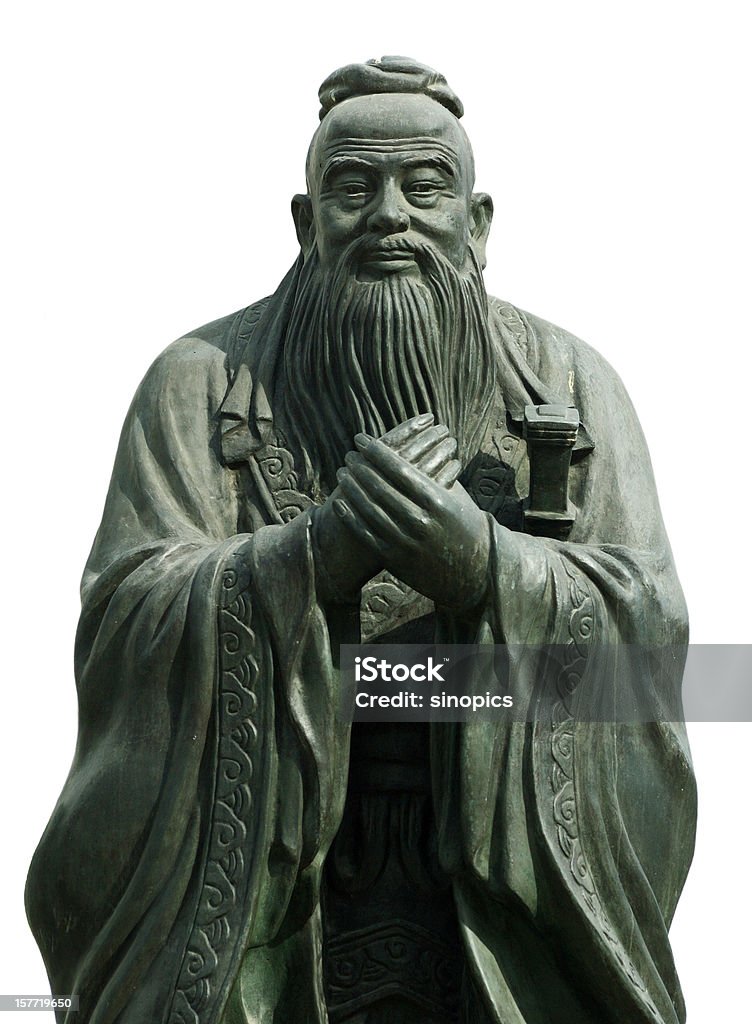In the short history of our world many men have lived who have had enormous impacts yet they are virtually unknown to us through history. One fascinating man existing outside the mainstream of history was Ye Liu Chutsai. Ye Liu Chutsai was a counselor to Timujin, arguably the greatest military conqueror in world history. At the height of his power Timujin led an army of perhaps 200,000 – 250,000 mounted warriors. He led his armies to conquest and victory against all those in his path from the Sea of China to the Dneiper River in European Russia. Hundreds of millions were subject to his will while possibly millions perished as entire cities vanished. Timujin is better known as Genghis Kahn while Ye Liu Chutsai is an unknown actor on the stage of history.
In his first invasion of Cathay (China) Genghis Khan met with great success however he did not bring Cathay to its knees. At the conclusion of the campaigning season the Mongol horde retreated back to their home in Mongolia. As they left China and approached the edge of the Gobi desert “he slew the multitude of captives that had been brought along by the horde.”(p.92) This was a pattern the Mongols would repeat over and again as they concluded campaigning for a season and prepared to return home. The Mongols did not keep slaves and they only tolerated those who acknowledged their absolute supremacy. In the case of this slaughter on the edge of the Gobi and those to follow in similar circumstance the rationale for it appears to have been a simple expediency. These prisoners would not survive the fast moving trip over the desert so the options were to release them or put them to death. The reason for not releasing them appears to have been based on two factors: first, they had no view of intrinsic value in human life. Second, their only interest in Cathay was for grazing lands for their horses. People in such places merely cluttered the land. In other words these people were in the way so they were dealt with in a manner free from any moral constraints. Over sections of China they literally removed all cities and cleared the land.
Later during his invasion of Persia, 17 centuries after Cyrus, the eradication of men and cities was even greater. In one place a river was damned in order to cause it to flow over the remains of a conquered, burned city. Many other cities, large and small, were destroyed. Walls were torn down, buildings burned, people and animals killed or taken, all crops for miles around completely destroyed so any survivors would starve. The Mongols even made a point of hunting down any survivors, actually sending horsemen back days later to a devastated city to locate anyone still living, tricking those in hiding to come out by sounding the Muslim call to prayer as if all was now well.
It was Ye Liu Chutsai who allowed Genghis Khan to rule an empire through his Mandarin capabilities at administration. For this reason Timujin used him and other men like him to accomplish his purposes.
After his conquest of Persia Genghis Khan returned to deal with southern China, the land of the Sung, with the clear intent of not only subjugating them but completely exterminating all within his path. It was Ye Liu Chutsai who asked, “If these people be slain, how then will they aid thee, or make wealth for thy sons?” to which Genghis Khan replied, “Be thou, then, my master of subject peoples —— serve thou my sons faithfully.” (p.184)
Following the death of the great Khan Ye Liu Chutsai served the Khan’s son Ogotai. He worked hard to administer under Ogotai and he did what he could to avert “the Mongols from further annihilation of human beings.” In one instance through his courage to oppose a leading general with his philosophic advice he stopped the destruction of a large city with the result “the lives of a million and a half Chinese who had flocked into the city were spared.” (p. 190)
It was this now aged counselor who was the treasurer for the Mongol empire. He organized the method for collecting taxes from conquered lands in a way to eliminate arbitrary demands. He was the advisor who caused educated Chinese to be placed in charge of treasury and administrative offices. He caused schools to be established for Mongols. Because of the efforts of this man there was a system in place when Timujin died so that a vaster empire than any known before or since remained in place for nearly 200 years, administered as a single empire. Contrast this to the success of Alexander who conquered a vast empire but whose legacy of empire disintegrated instantly at his death. (p. 191)
Do we know what motivated Ye Liu Chutsai? No. We know later on one of his sons was a leader and was a Nestorian Christian. But there isn’t any information to say Ye Liu was influenced by Christianity. What we do know is he was similar to Daniel in the book of Daniel from the Old Testament in that he served a conqueror of his people faithfully and that by a steadfast dedication of wise service he was able to influence events far beyond his ability to control. As a result he affected the outcome of life and death, or the quality of life, for millions of people.
Ironically, Timujin himself acknowledged what Paul tells us is true. In Romans 1:19b-20 Paul says, “what may be known of God is manifest in them, for God has shown it to them. For since the creation of the world His invisible attributes are clearly seen, being understood by the things that are made, even His eternal power and Godhead, so that they are without excuse.” Timujin created his own law code called the Yassa which was obligatory upon everyone in the Mongol empire. The first rule of the Yassa stated, “It is ordered to believe that there is only one God, creator of heaven and earth, who alone gives life and death, riches and poverty as pleases Him – and who has over everything an absolute power.”(p.201) While Genghis Khan by his own words acknowledged there was a God he never glorified or obeyed him thereby confirming his guilt before God.
Whether Ye Liu Chutsai acknowledged the true God or not we do not know. We know he was placed in his position through Providence and from his position he was a blessing for many. His life is as Paul Harvey might say “the rest of the story” which accompanies the exploits of one of the greatest mass murderers of history. Ye Liu Chutsai is a reminder to all of us. God uses the humble. We hope Ye Liu Chutsai knew God so we might have opportunity to meet him in heaven.
References are taken from: Genghis Khan: The Emperor of All Men, Harold Lamb, 1927, International Collectors Library, Garden City, NY


